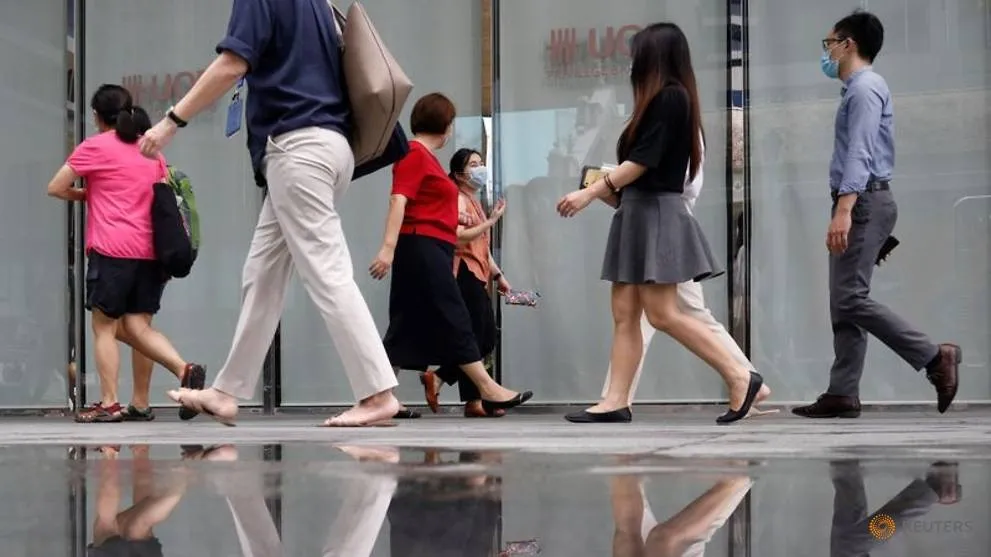Like CECA expats, S'porean Chinese-dominated companies would hire their own kind too
CECA is to the Singaporean Chinese what "looking for Mandarin speakers only" in a job application is to the Singaporean minorities.

Criticism of the India-Singapore Comprehensive Economic Cooperation Agreement (CECA) is once again in the spotlight with Progress Singapore Party's (PSP) Leong Mun Wai taking the lead in calling for CECA to be reformed.
Leong, an ex-banker and current NCMP wants a "rebalancing" of Singaporeans' interests against those of expatriates (specifically Indian nationals) in professional, managerial, executive and technician (PMET) roles.
CECA, which was signed with India in 2005, is being blamed by disgruntled netizens for job losses by Singaporean PMETs to Indian nationals.
Reports of Indian expatriates forming enclaves in the various companies they work in and only hiring their own have led to netizens referring to CECA hotspots such as the Changi Business Park and Marina Bay Financial Centre as Chennai Business Park and Mumbai Financial Centre respectively.
Singaporean Chinese prefer hiring their own kind too
According to a 2019 survey by the Institute of Policy Studies (IPS), 80.2 per cent of Chinese respondents indicated that language was sometimes important, important most of the time or always important when hiring someone to work for them.
The figures for Malay and Indian respondents were significantly lower at 71.5 per cent and 73.2 per cent respectively, suggesting that Singaporean Chinese are more likely to form their own racial enclaves in a job setting.
IPS researcher Dr Mathew Mathews, a senior research fellow at the Lee Kuan Yew School of Public Policy told CNA that in a job environment where the majority of workers are more comfortable using a certain language, there might be an interest to hire those who speak the language.
“There is a sense that when people speak the same language, everyone understands each other better and there will be less misunderstanding. However this can lead to a preference to only recruiting people who are similar, and excluding others who can legitimately contribute,” he added.
Singaporean minorities feel more discriminated against when applying for jobs
The proportion of Malay and Indian respondents who said they felt discriminated against when applying for jobs has increased since 2013.
In the survey, a large proportion of minorities - 73 per cent of Malays, 68 per cent of Indians and about half of Others, which includes Eurasians - felt that they had experienced discrimination when it came to applying for a job.
In contrast, 38 per cent of Chinese respondents felt that way, according to the research findings.
Dominant race now feels what it's like to be a minority in the workforce
Sociologist Tan Ern Ser said he believes the findings of the IPS survey are statistically significant.
“Statistically speaking, there are reasons to suspect that Chinese are indeed more likely to give more weight to language and race, compared to non-Chinese.”
Associate Prof Tan noted that this may be related to how companies in Singapore today still specify Mandarin as a "good-to-have" or "recommended" skill for jobs even when it is not necessary.
“The discrimination could be related to the extent to which they believe they can trust or communicate with non-Chinese staff, and the extent to which their majority Chinese customers would prefer to be served by a Chinese staff,” he said.
“Such practices are harmful as they violate our core values of meritocracy and multiracialism, which means that minorities could be deprived of a job, despite having the right credentials.”

